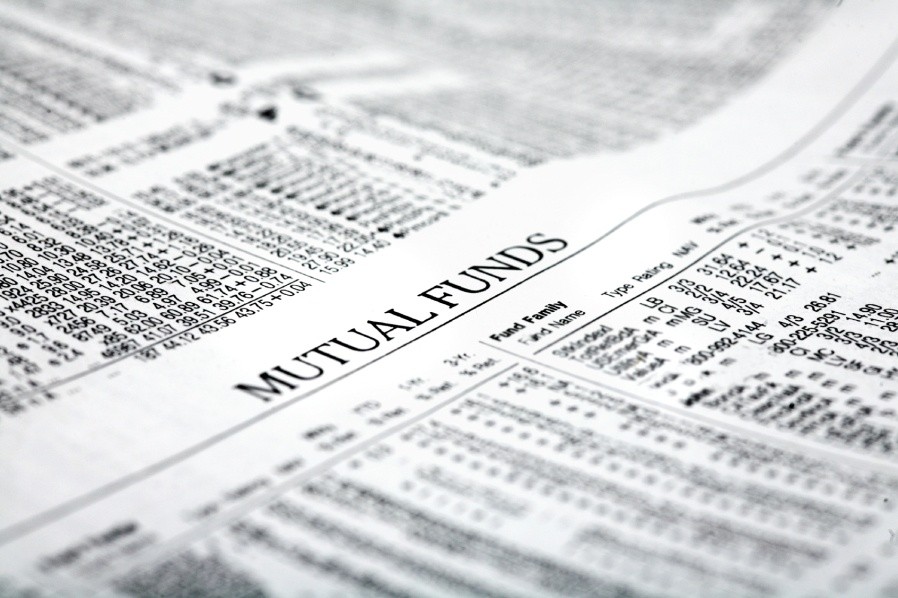Top 5 Alternatives to Money Market Mutual Funds
Post on: 12 Апрель, 2015 No Comment

There Are Other Options That for Investing Your Excess Cash Reserves
The major advantages of investing your excess cash reserves in money market mutual funds have been discussed extensively on this site and elsewhere. Although the risk of a money market fund breaking the buck does exist, the situation is relatively rare, much to the advantage of investors. Unless you have at least a few hundred thousand dollars of excess liquidity sitting around in cash, money market funds are among your best bets for short-term savings. Their popularity is justified and understandable.
The question, then, remains: What if you don’t want to hold money market funds in your portfolio? Are there alternatives? Yes. Though each has its own advantages and disadvantages, it is possible to find alternative cash equivalents to store your money as you wait for a stormy day or to find the perfect addition to your collection of stocks. bonds. mutual funds. or real estate. Let’s take a look at a few of the most common.
Bank Money Market Accounts
Though it may be a fine point lost on new investors. a money market mutual fund is different from a bank money market account. They may own the same types assets. They may behave the same relative to interest rates. However, a bank issued money market account is likely FDIC insured up to $250,000, meaning if the bank collapses, you still get your money up to, and including, the limit. That protection does not exist for money market mutual funds.
All else being equal, a bank money market account is superior to a money market mutual fund. There are virtually no drawbacks compared to the cash equivalent alternatives, provided the expense ratio is modest. Obviously, prudence should prevail and you should only bank with a strong financial institution that has lots of equity capital on the balance sheet. There is no reason to tempt fate.
Plain Vanilla Savings Accounts
They may not be anything exciting in the present interest rate environment, but once upon a time, your average, boring, savings account managed to provide a decent yield to savers. Those days will return again, although no one knows how long it will take. With immediate access to your funds, low costs (in some cases, the account is entirely free), a network of branch locations and ATMs through which you can access your money, and the convenient use of a debit card. the basic savings account might be the perfect thing if you need funds set aside. As an added bonus, the $250,000 in FDIC insurance that is currently in effect provides peace of mind in the event of a bank failure or another financial crisis .
Short-Term Bond Funds
You already know the difference between investing in bonds and investing bond funds. Short-term bond funds are those that specialize in holding bonds of low duration so there is very little interest rate risk. If you don’t require daily access to the money, but instead might need to access it, at most, a couple of times a month, a short-term bond fund might be the perfect alternative to money market funds for your situation.
One warning: If you choose to invest in this asset class. you will want to watch out for early redemption fees. Most frequently, these take the form of a 1% or 2% deduction on shares of a fund held for less than 30, 60, 90, or 120 days. They can cut into your principal if you aren’t careful. Though done for intelligent reasons — the fund sponsors know that it will discourage short-term traders, who drive up costs for long-term investors — they can act as a hidden drain if you try and enter or exit the position quickly.
Short-Term Certificates of Deposit
Although the worst on the list in terms of liquidity, short-term certificates of deposit might fit the bill as a money market mutual fund replacement if you build a laddered portfolio of staggering maturities so that fresh cash is being freed each month as an older CD matures. Most banks offer certificates of deposit in durations as short as three months, or 90 days.
Cash Reserve and Fixed Income Focused ETFs
Money management firms such as PIMCO have launched funds that are geared towards investors who want money market like products but desire higher returns. Although they have their own unique risks and challenges, these exchange traded funds, or ETFs. distribute dividends to investors and trade on the stock market just like shares of common stocks. A typical example is the PIMCO Enhanced Short Maturity Strategy ETF, which yields 1.01% as of the time this article went to press. The trick with taking this approach is to avoid trading too frequently because brokerage commissions can cut into your returns, negating the distributions paid to you unless you have at least several hundred thousand, or perhaps even a few million, of dollars invested.














